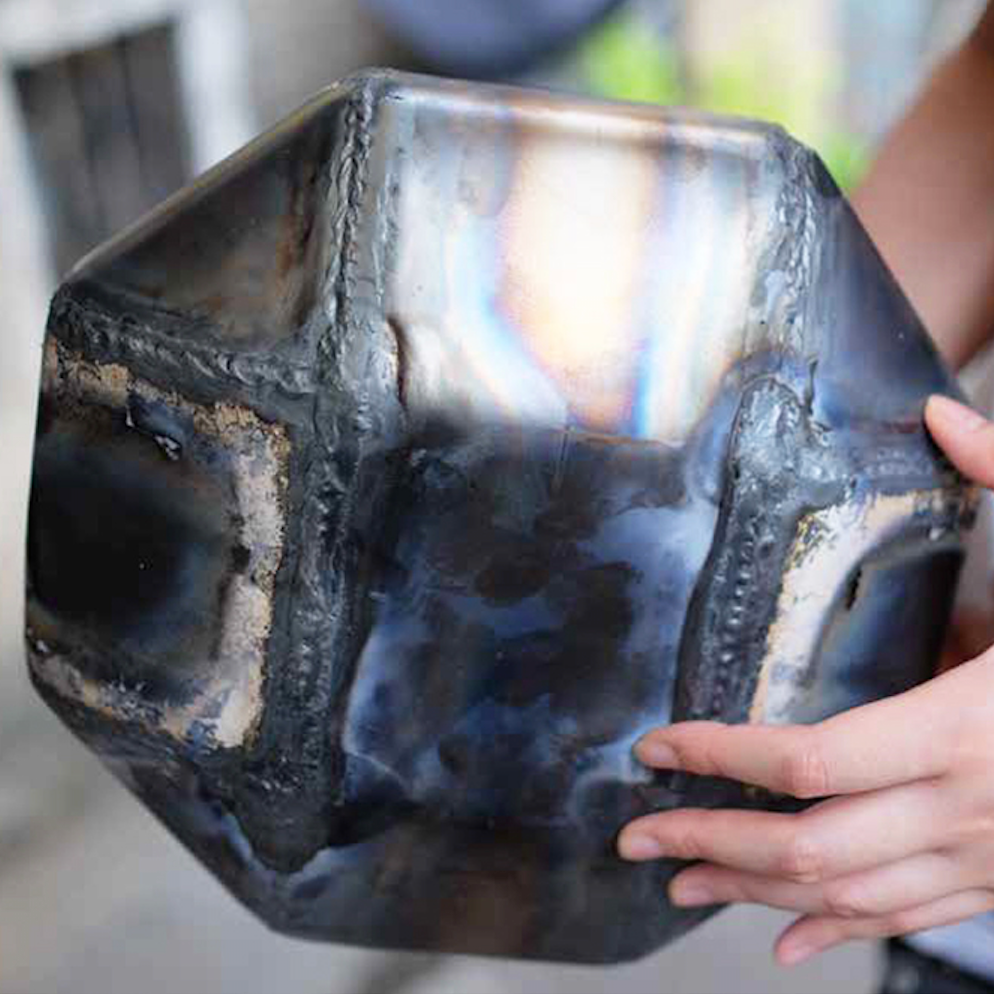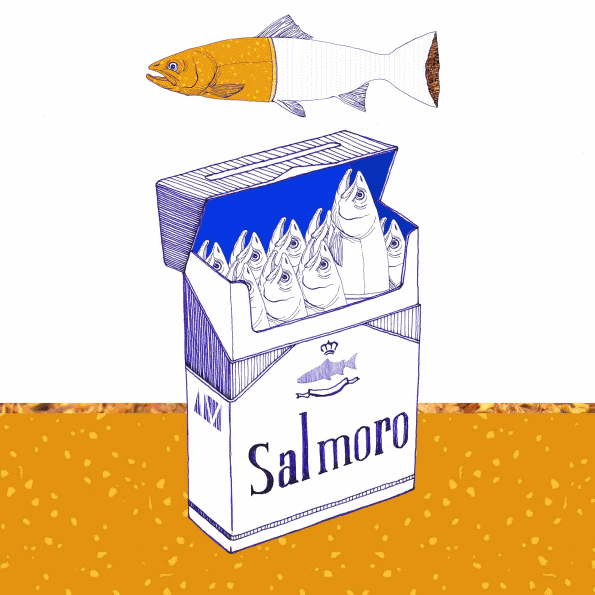With the current rate of global temperature increase caused by humankind, there is an urgency for change in order to put a halt to the unsettling environment.
Meat production is one of the major drivers of global environmental change. We will need to double the world's food production by 2050 according to the current population growth rate. As stated by the United Nations, and the World Health Organisation, Spirulina is the most nutritious food on the planet—it is a plant-based source of complete protein, meaning it contains all the essential amino acids just like meat. It can easily be grown using widely available equipment and only requires a small amount of water and space. Additionally, Spirulina can be fed by urine which makes the cultivation even more cost-effective and globally accessible.
International Year of Self-Sustenance 2035 is a speculative project that explores the use of spirulina and human urine in a possible post-carbon future.
The year is 2035. The United Nations has declared it the International Year of Self-Sustenance (IYSS) dedicated to the Spirurinal movement—a group of people who domestically cultivate Spirulina and use their own urine as its essential nutrients. This method of cultivation is celebrated as the most resourceful, circular, and sustainable form of urban agriculture to date.
The Spirurinal movement has adopted the vessel used to collect urine as a functional symbol and statement of intent to address the climate emergency. The first prototype of the urinal vessel made an appearance in 2020 to enhance public awareness of the importance of striving for ecological justice, to promote innovative and accessible solutions to mitigate greenhouse gas emissions, and empower individuals to act immediately to halt biodiversity loss. After gaining popularity in the mid-2020s, the impact of the Spirulina system has brought about major changes in urban food and waste systems, as well as the perception of urine as fertiliser to the masses.










